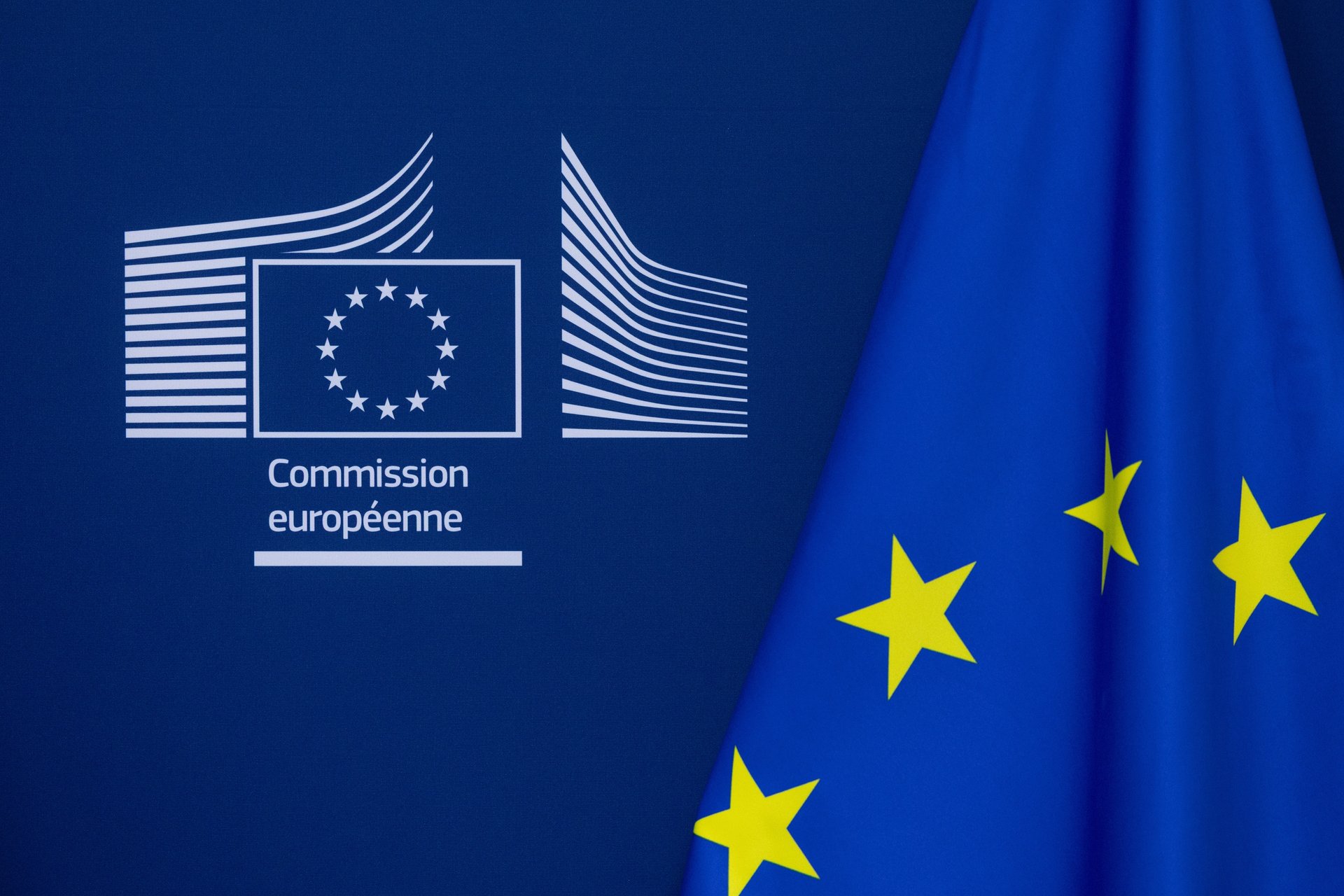🌏 Taking on Silicon Valley
Plus: High hopes — on low details.

Good morning, Quartz readers!
Suggested Reading
Here’s what you need to know
Fed up with inflation? A top Federal Reserve official just warned that inflation might rise as a result of the president’s tariffs.
Related Content
Wall Street’s confidence trick. The markets may have made up any “Liberation Day” losses — but investors aren’t convinced, and Wall Street might just be running in place.
The AI race is coming to Riyadh. An analyst memo just portrayed Saudi Arabia as the next frontier in the global race, projecting it could add $1 trillion to the global AI market.
Search could soon look different. Google is making a change to its search bar as it tries to keep up with ChatGPT, adding an “AI mode” button for some users.
Boeing’s planes are flying off the shelves. The company will manufacture more than 200 of its planes for Qatar Airlines in a deal worth $96 billion.
New compensation for Musk? Tesla might give its CEO a new pay package as it sorts out a previous one — amid reputational hits and cratering sales.
Waymo’s system is buggy. The company just recalled 1,200 self-driving cars due to a software issue — but no cars currently on the road will be affected.
The Great Techxodus
As President Donald Trump’s second term looms large, and as the U.S. doubles down on visa limits and research cuts, Europe is quietly rolling out the welcome mat for startups, scientists, and VCs looking for: just about anywhere else to build.
From Vienna to Brussels, policymakers are offering fast-tracked hiring, startup incentives, and even scientific asylum. Austria is offering fast-tracked research funding and academic hiring. Norway has launched a fund specifically designed to recruit U.S.-based academics. France, Belgium, and the Netherlands have rolled out scientific asylum programs.
To meet the moment, the E.U. is pursuing deeper structural reforms. But Europe’s fragmented regulatory landscape and heavy compliance burdens — especially in AI — could limit its ability to scale companies effectively.
But one unexpected wild card? Defense spending. Some analysts believe that if European governments use funds to support emerging technologies rather than incumbent contractors, the continent could build a more self-sustaining innovation ecosystem.
But for now, the U.S. still casts a long shadow, and Europe’s window of opportunity may be limited unless deeper reforms follow. Quartz’s Jackie Snow has more on who could be boarding the tech exodus flight.
Talk is cheap; tariffs aren’t
Wall Street popped the champagne on news of a U.S.-China trade “breakthrough” this week. The S&P 500 climbed 3% Monday, 0.7% Tuesday, and stayed mostly flat Wednesday. Analysts called it a “dream scenario.” Bulls danced. Tech rallied. Americans exhaled.
But people might want to read the fine print — assuming it ever gets printed.
Under the deal, the U.S. has agreed to lower tariffs on Chinese imports from 145% to 30%, while China has committed to reducing duties from 125% to 10%. But there’s no formal enforcement mechanism, no timeline for further progress, and no resolution on long-standing issues such as intellectual property protection or AI export controls.
Analysts at Jefferies noted that the agreement appeared to prioritize optics over substance. Others pointed to the temporary nature of the 90-day pause, which allows for tariff rates to be reinstated should negotiations falter.
Though some investors see any progress as preferable to continued escalation, others warn that the current rally may be running ahead of fundamentals. Quartz’s Shannon Carroll has more on what’s missing behind the market’s mood.